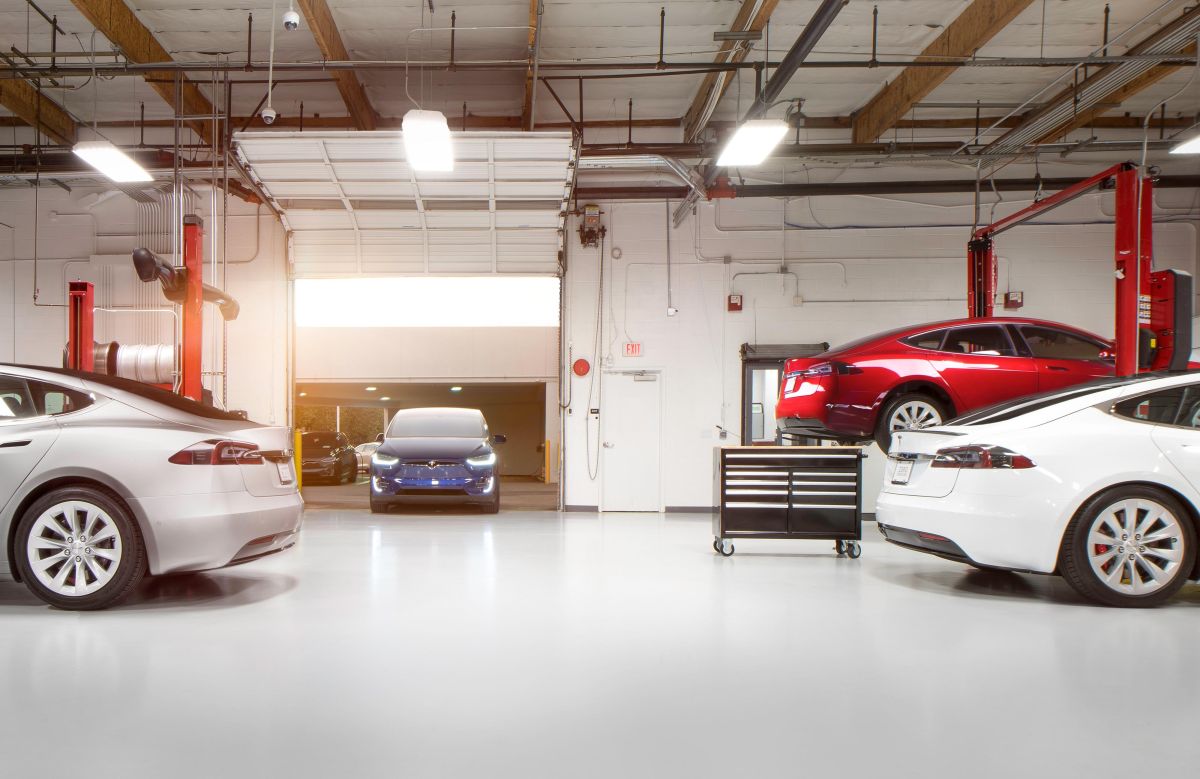A legislative proposal in Nebraska has ignited a debate over the future of Tesla's operations within the state, according to a report from the North Platte Telegraph.
The bill, initially aimed at closing a loophole in the state's Motor Vehicle Industry Regulation Act, now threatens the existence of Tesla's recently established service center in Lincoln.
The controversy began when State Sen. Carolyn Bosn of Lincoln, prompted by the Nebraska New Car & Truck Dealers Association, introduced LB 891. The bill sought to amend the state law with less than 15 words, essentially updating the definition of what constitutes a car manufacturer.
"The bill started off pretty simple," Loy Todd, the association's lobbyist, told the news outlet. "Just updating the definition to make sure that if you manufacture motor vehicles, you're a manufacturer — as simplistic as that may sound."
However, the straightforward legislative effort quickly became contentious. During a public hearing in January, Tesla representatives and owners expressed their concerns the proposed changes would inadvertently ban Tesla from operating its service centers in Nebraska.
"Nebraska law currently allows Tesla to operate a service center for providing service, including warranty repairs in-state," Mary Vaggalis, Tesla's lobbyist, said during the hearing.
The news of Tesla's service center, opened in a former Sears auto shop at Gateway Mall, came as a surprise to many, including Bosn. The center, which began operations Dec. 18, exists in a somewhat legal gray area, unbeknownst to the public and even some legislators until just before the hearing.
The proposed legislative changes stem from a broader national discussion about the direct-to-consumer sales model employed by Tesla and other EV manufacturers. Traditional auto dealership laws, designed to protect dealers from direct competition with manufacturers, do not account for companies like Tesla that sell directly to consumers without franchised dealerships.
Despite the initial intent, Bosn and other stakeholders are now seeking a compromise. The aim is to allow EV manufacturers to provide essential services, such as warranty and repairs, without venturing into direct sales or manufacturing within the state.












